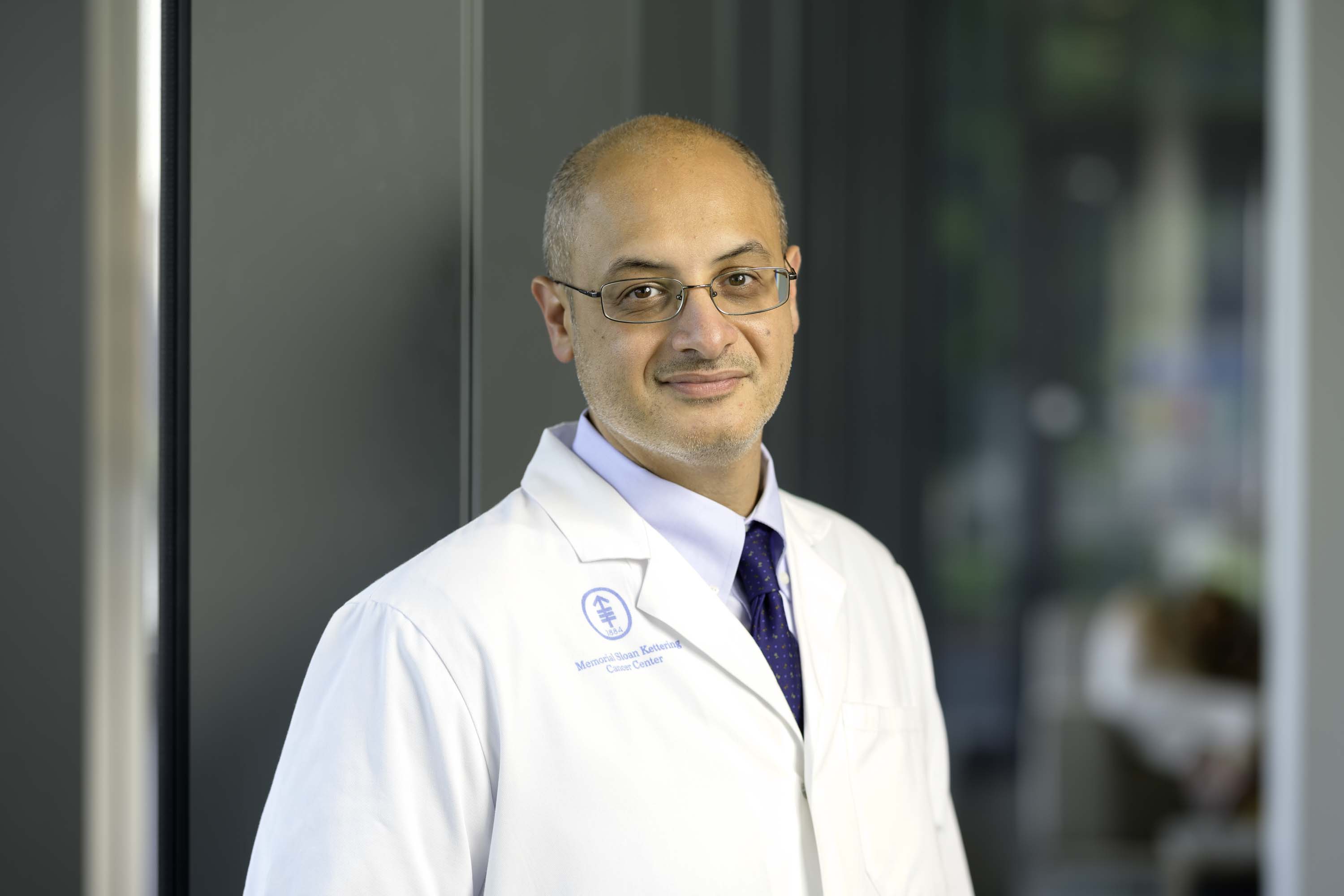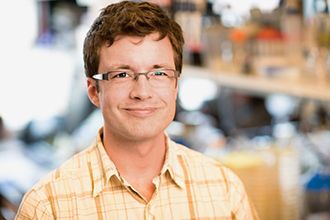
Bio

Cells and organisms cope with the task of maintaining their phenotypes in the face of numerous challenges. Much attention has recently been paid to questions of how cells control molecular processes to ensure robustness. However, many biological functions are multicellular and depend on interactions, both physical and chemical, between cells. How do multicellular behaviors emerge from interactions among individual cells? What makes multicellular systems robust to the many challenges that they face?
We use a combination of computational models and quantitative experiments to answer these questions. Our goal is to identify the underlying physical, biological, and evolutionary principles that are common among, and confer robustness to, multicellular systems.
We investigate:
Bacterial Biofilms
Rather than living in isolation, most bacteria form biofilms — densely packed communities, which are central to many microbial diseases. The communities are stronger than their composing bacteria — many biofilms are more resistant to antibiotics than planktonic bacteria — making biofilms prime models of robust cell groups. We develop multi-scale computational models of biofilm dynamics, and we apply these models to puzzles such as how extracellular matrices and cell-cell communications evolve and remain stable against environmental perturbations and evolutionary exploitation.
Swarming
Swarming is an impressive form of surface motility by which millions of bacterial cells migrate collectively towards more nutrients and a better life. But swarming requires the efforts of individual cells and may be exploitable by evolutionary cheaters — spontaneous mutants that do not pay the metabolic costs of cooperation but still benefit from the efforts of others. We use molecular biology and quantitative experiments to find the molecular mechanisms that make this remarkable collective behavior of bacteria robust against cheating.
The Molecular Mechanisms of Cancer Evolution
Cancer evolution is central to how cancers progress and is the reason why cancers are difficult to cure. The past years produced major advances of evolutionary theory and molecular biology of cancer evolution, yet the parallel advances at these two fronts remain largely separated. We want to bridge this gap between evolutionary theory and mechanistic knowledge within an integrative framework. Particularly, we are applying our computational models to investigate how tumor cells evolve interactions with cells in the tumor microenvironment that are essential to cancer progression and metastasis.
